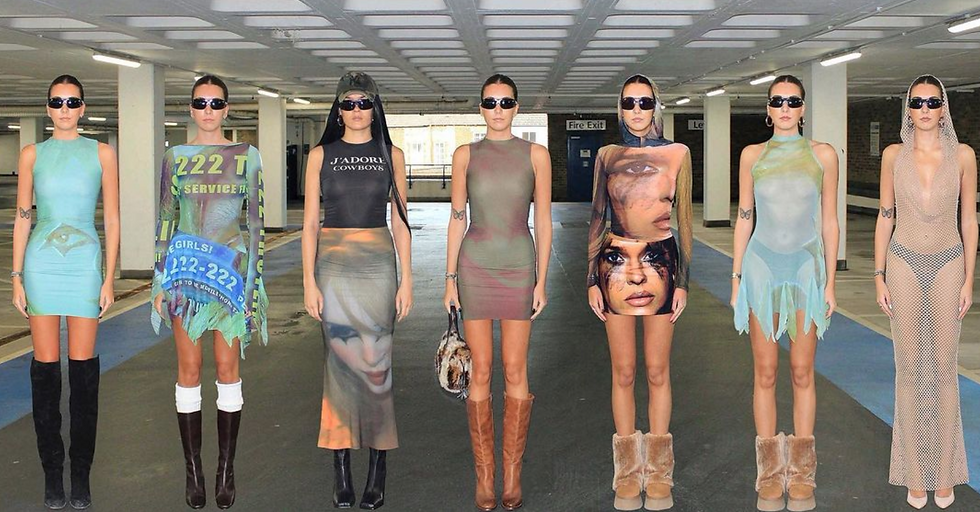Is Slow Fashion a privilege?
- dunlopalice
- Dec 19, 2018
- 2 min read
Updated: Apr 8, 2021
In a society that has become excessively interested in the welfare of the planet and the effects of this, many are discovering new alternatives that are available to combat this. With the Fashion Industry now being the second worst contributor to World Pollution, society is taking a strong stand on what can be done to change this statistic and alter the way we shop. Having more and more retailers adopt a slower, and more ethical approach to consumption, the question must be raised at just how accessible this is for everyone? With a rise in budget supermarkets, and cheaper online Fashion retailers, these more sustainable approaches are definitely out of financial reach for many.
The popularity of online retailers has risen dramatically in the past few years with Boohoo’s profit up to 97% last year, clearly detailing how invested consumers are in this way of shopping. Although many are now aware of just how damaging Fast Fashion has now become to the planet, there are still many valid reasons as to why not every part of society can or will adopt a different way of shopping. Boohoo’s popularity largely reflects the needs of today’s consumer showing how cheap, quick and therefore accessible clothing is now a useful tool to many; so how can we expect all brands and customers to become more ethical over night? With companies obviously invested in the financial gain they can obtain through cheap materials, they must be opened up to the possibilities that are available for them to make smaller steps to becoming more sustainable, whilst remaining within the same target market.
Stella McCartney stated in a Vogue interview in 2017 ‘I think what’s amazing is that I started in one place, but now the environment, what we eat, how we conduct ourselves, and how we consume, those links have been made’. This is important to understand as, us as consumers must be aware that within our current society, there are many different routes to living more sustainably that everyone can have access to. With dietary methods of living sustainably now at the forefront of society, it is no surprise that people are assuming they cannot be sustainable if they do not adhere this, specific sector of consuming. However, if large scale retailers with the money, and therefore the resources, could make steps themselves, consumers from every corner of society would be able to enter in to this new world of ethical and sustainable consumption, whether that be consciously or not.




Comments